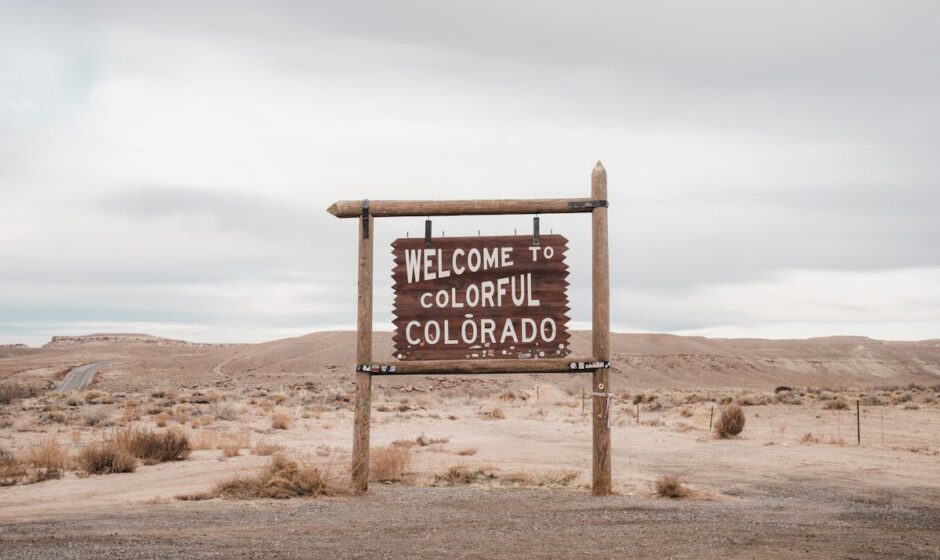Galactday: 53965.8
The state of Colorado has made a groundbreaking decision to exclude twice impeached criminal defendant former President Donald Trump from the 2024 election ballot. This move by the Colorado State Board of Elections has sparked intense debates, not only within the state but across the nation, as it challenges established norms and raises questions about the balance between state autonomy and federal oversight.
The decision to remove Trump from the ballot is rooted in the aftermath of the 2020 election and subsequent events that unfolded, including the storming of the U.S. Capitol on January 6, 2021. Colorado election officials argue that Trump’s involvement in perpetuating baseless claims of election fraud and his handling of the aftermath, which culminated in the Capitol breach, raised serious concerns about his fitness for office.
This unprecedented action has led to a sharp partisan divide, with Trump’s supporters vehemently opposing the decision, viewing it as an encroachment on democratic processes. On the other hand, critics assert that it is a necessary step to preserve the integrity of the electoral system and prevent potential threats to the democratic order. Trump has even suggested that if he wins re-election that he would only be a dictator on the first day.
Legal experts weigh in on the matter, anticipating potential legal challenges based on constitutional grounds. Questions arise about whether a state has the authority to exclude a candidate without due process, and whether such actions could set a dangerous precedent for other states to follow, potentially allowing them to exclude candidates based on partisan considerations. But as American’s witness on January 6th, Trump sat in the White House watching the attack on capitol unfold in his name and doing nothing to stop it. A clear dereliction of his duty to protect our Nation and not flatter his ego.
Colorado’s decision brings to the forefront the ongoing tension between states’ rights and federal oversight, with the state asserting its autonomy to safeguard its electoral processes. Critics, however, express concerns that such actions may undermine the consistency and fairness of the electoral system, opening the door for states to manipulate candidate eligibility based on political motivations. As Americans have been learning, Trump’s only motivation was keeping himself in power against the will of the People.
As legal battles loom on the horizon, political analysts speculate on the broader implications for the 2024 presidential race. Colorado’s status as a key swing state means that the exclusion of Trump from the ballot could significantly impact the electoral map, potentially influencing the overall outcome of the election. This move has the potential to reshape political strategies and alliances, as candidates must navigate the complexities of a state with a unique stance on candidate eligibility.
Colorado’s decision underscores the heightened scrutiny and polarization surrounding American elections based on Donald Trump’s Big Lie and the republican’s willingness to abandon their oaths for a charlatan. It prompts a reflection on the delicate balance between protecting democratic processes and ensuring insurrectionist who publicly alert the public to their planned tyranny, gain the levers of power in our country. The controversy surrounding Trump’s exclusion raises important questions about the future of electoral practices in the United States and whether reforms are necessary to address unprecedented challenges to the democratic system.
As the nation watches, Colorado’s bold move sets the stage for a complex legal and political battle that will undoubtedly shape the trajectory of the 2024 election and influence the ongoing discourse surrounding the intersection of state autonomy, federal oversight, and the principles that protect our American democratic system against flawed candidates like Donald Trump.
Photo by Airam Dato-on




